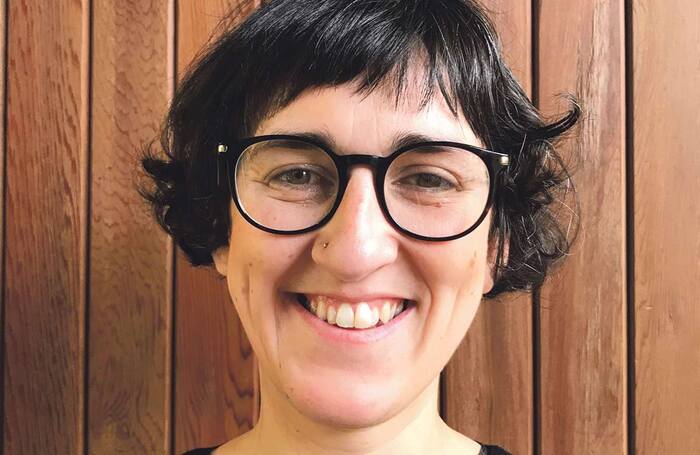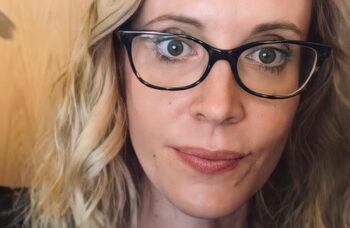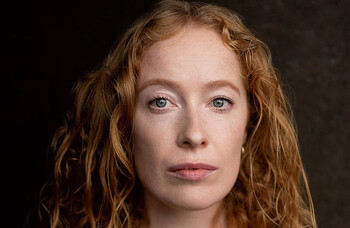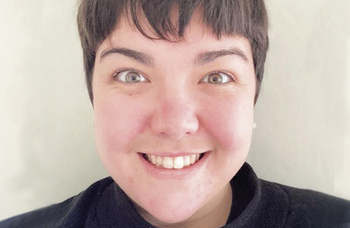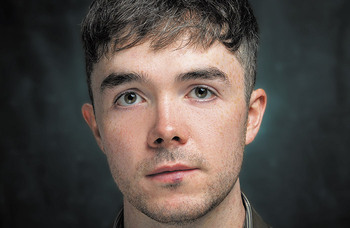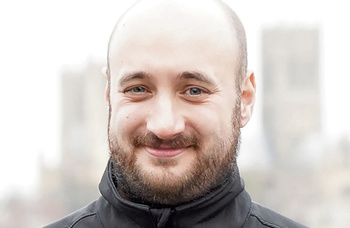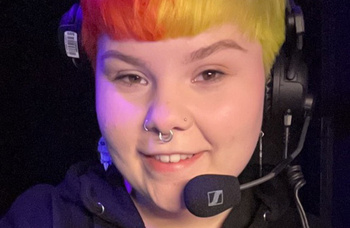Inés Soria-Donlan: ‘Inequality in the arts workforce is at crisis point’
The project manager at Changing the Story, a research project exploring how participation in the arts can support young people in countries affected by war, tells John Byrne about her hopes for the industry and offers tips for students and graduates
How did you start off in the arts?
As a child who had experienced loss, discovering that the arts allowed me to express complex feelings I couldn’t yet articulate was transformative. At age 21, I realised there was an entire ecosystem of jobs designed to help people make and encounter that same quality of experience. Gradually I moved from administration, to facilitation, and then into production, programme management, network development and research.
How did you become involved in training?
I am fortunate to have spent most of my career in organisations where staff and participants were encouraged to identify areas of development and given space to explore them. Helping teams and networks to support and learn from each other is, for me, when the most exciting projects take place.
What is the best piece of advice you have for drama students and graduates today?
Be kind, curious and fair with everyone you work with, including yourself.
What would you change about the industry?
Inequality in the arts workforce is at crisis point. If we don’t invest time and care in diversity and how we make decisions about what we programme, who we represent, how we make art and who gets to see it, then we are severely limiting our potential and our role in building a positive future for our communities.
What is the best part of your job?
I work with young people, artists, activists, community organisations and researchers across 15 countries; the best part is being inspired by the creativity, dedication, resilience and expertise of this diverse community.
What is the one skill that every successful theatre professional should have?
The ability to learn from others without constantly comparing yourself to them.
Do you have any tips for how readers can increase their well-being?
Learn what your overworked/under-pressure warning signs are; taking action over them sooner rather than later means better productivity in the long run.
Inés Soria-Donlan is project manager at Changing the Story, a global, participatory action research project based at University of Leeds
Opinion
Recommended for you
Advice
Recommended for you
Most Read
Across The Stage this weekYour subscription helps ensure our journalism can continue
Invest in The Stage today with a subscription starting at just £7.99
 John Byrne
John Byrne